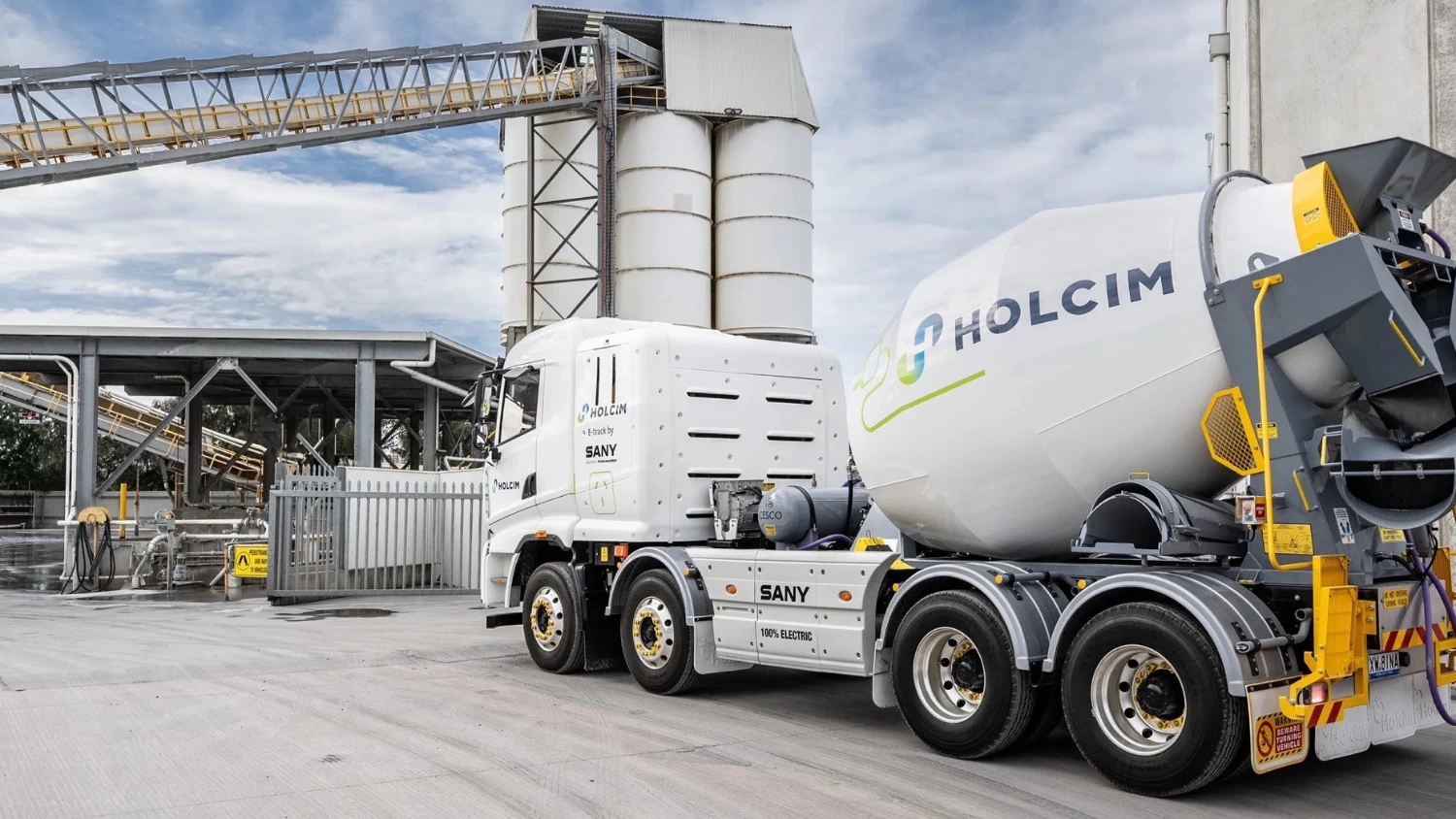The Central Europe deal-doers' confidence is also based on continued optimism regarding liquidity, with a third expecting debt availability to improve and 59% expecting it to remain the same for the rest of this year. This sentiment can be explained by a combination of falling inflation and alternative sources of funding for transactions.
Further signs of optimism can be seen in the share of respondents expecting to focus on new deals for the remainder of 2024, which reached 59% (from 49%, in December 2023). They are mainly looking to middle-size growing companies, with 45% of the respondents expecting this target category to be the most competitive in the market this year. Start-ups seem to continue to lose interest, as only 4% of the participants to the study think they will be generate the highest competition among investors.
“Even though evaluation multiples are down on average across the Central Europe, the fact that financing costs are still high lead private equity firms to prefer to invest in middle players, whom they buy with very clear and ambitious plans for development. This approach is seen across the region in various sectors, such as technology, software and healthcare, which have higher growth potential and resilience. Measures to ensure growth also vary substantially, from digitalization, to improving sales strategies, to advancing the ESG agendas and even to implementing artificial intelligence. The Romanian market has seen similar evolutions, and, although the macroeconomic environment has been dominated by uncertainty over the past years, it kept being attractive and proved it can provide the right environment for companies' development, sometimes including even expansion on international markets,” said Radu Dumitrescu, Financial Advisory Partner-in-Charge, Deloitte Romania.
When choosing in which companies they invest, CE private equity firms pay more attention to ESG (environment, social, governance) factors. Over half of respondents have specific investment policies that include such criteria and 18% of them implemented post-deal measures targeting ESG improvements among portfolio companies. Private equity firms also deem more important technology capabilities of their targets as more companies are impacted by cyber threats and as business cases increasingly depend on robust technology implementation. A quarter of the respondents consider that IT and cyber are of critical importance and significantly influence the success of the deal, and 41% think they are of high importance, as cyber failures can influence the valuation of the company and have significant impact on its profitability and tech-related operational expenses.
Deloitte Central Europe Private Equity Confidence Survey has mirrored the private equity market evolution since 2003, twice per year.











